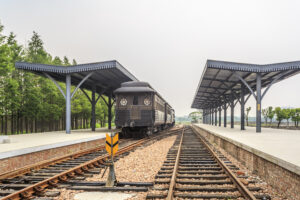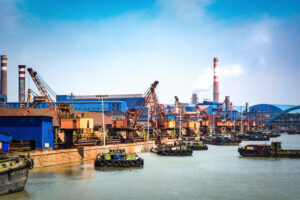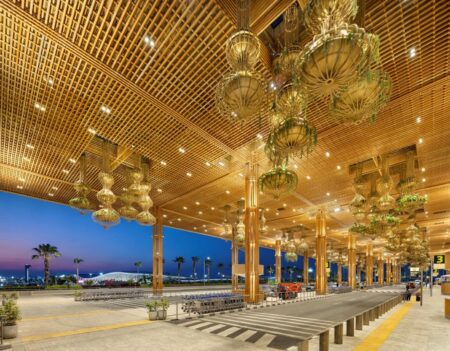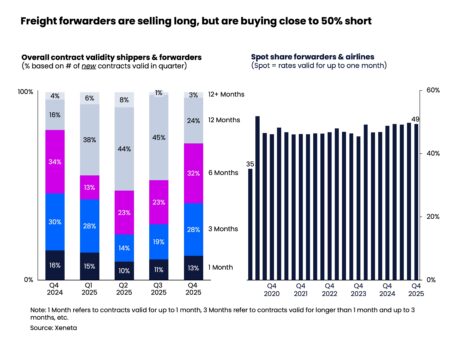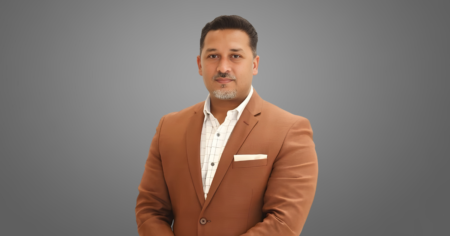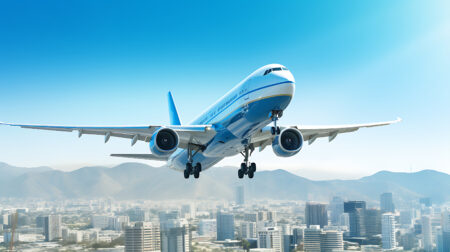ACCIS Founder Balasubramanian P and Vijay Vashisht unpack the trade-offs and gains of going multimodal, from carbon impact to modal reliability, and the key factors that build long-term client trust.

Greener multimodal routes need assurance, efficiency, and confidence from trade
As the logistics industry accelerates toward multimodal integration, the conversation is shifting from convenience to conscience. With global pressure to cut emissions, the spotlight is firmly on which modal combinations offer the best carbon savings without sacrificing reliability.
Balasubramanian P, Founder and CEO of Air Cargo Consultancy International Services (ACCIS), offers a grounded view: “Let’s begin where it’s hardest, road transport. While EVs are making headway, wide-scale adoption for cargo across India is still far off. Payload capacity, infrastructure, and charging networks remain key challenges.”
Instead, he sees the rail sector as a strong climate ally. “India’s Dedicated Freight Corridors and the growing number of railheads are promising. Over the next decade, rail’s carbon-saving share will rise significantly.” Inland waterways, he adds, are a missed opportunity, still underdeveloped despite offering a much lower carbon footprint per kilogram.
Balasubramanian also highlights the potential of Sustainable Aviation Fuel (SAF) as a game-changer for air cargo. “Used cooking oil and other waste sources can technically be converted into SAF, but production volumes are nowhere close to what’s needed.” His suggestion? “We need bold PPP (Public-Private Partnership) models that can unlock capital for SAF production at scale. It’s costly upfront but pays off in long-term sustainability gains.”
On what deters shippers from choosing greener routes, Balasubramanian is clear: “It’s not just about the mode; it’s about confidence. Unless clients are assured of documentation, smooth clearances, and minimal bottlenecks, they won’t shift from what works.” A slower, greener route, he argues, becomes viable only when it’s consistently reliable.

Surface plus air ensures faster, safer delivery for sensitive, high-value cargo
From a solutions provider’s lens, Vijay Vashisht shares how it already balances efficiency with speed and sustainability using its Surface + Air model. As per Vijay Vashisht, Vice President, Safexpress, “For high-volume or sensitive cargo, we combine our robust road fleet, 11,500+ GPS-enabled vehicles, with our SafeAir service, connecting 76 airports across India. It’s ideal for high-value shipments like electronics or pharmaceuticals.”
On certain routes, this combination outshines road-only. “Take long-haul sectors over 1,500 km during the monsoons or in congested belts; road-only loses time and reliability. Surface + air bypasses these challenges,” Vashisht explains.
He even breaks it down for a Delhi–Chennai shipment:
- Cost: 3/5 (air adds cost, but it’s optimized)
- Speed: 4/5 (3–4 days max, per transit data)
- Carbon footprint: 2/5 (higher due to air, but partially offset)
- Risk: 4/5 (highly secure with GPS, containerization, and e-POD)
For both experts, one message is clear: multimodal isn’t just about mixing modes; it’s about syncing values. Sustainability, reliability, and transparency must move together to win industry trust.

